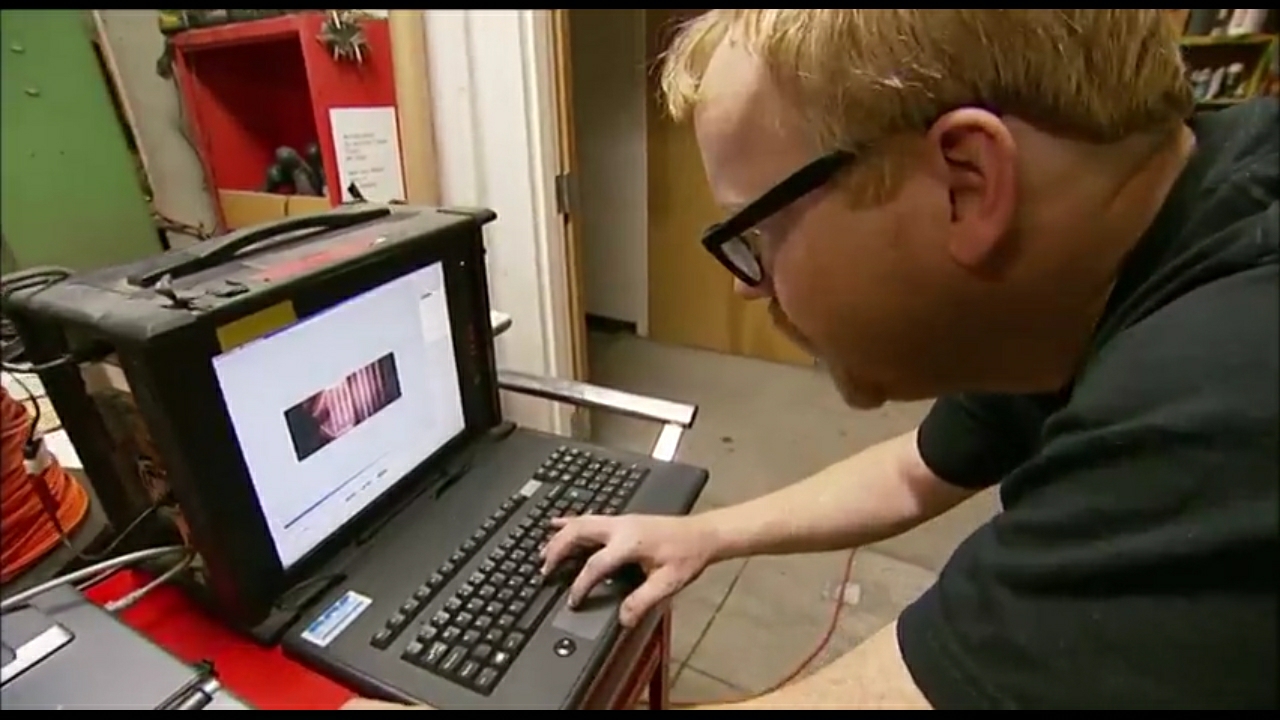this post was submitted on 10 Sep 2024
99 points (99.0% liked)
PC Master Race
15269 readers
375 users here now
A community for PC Master Race.
Rules:
- No bigotry: Including racism, sexism, homophobia, transphobia, or xenophobia. Code of Conduct.
- Be respectful. Everyone should feel welcome here.
- No NSFW content.
- No Ads / Spamming.
- Be thoughtful and helpful: even with ‘stupid’ questions. The world won’t be made better or worse by snarky comments schooling naive newcomers on Lemmy.
Notes:
- PCMR Community Name - Our Response and the Survey
founded 2 years ago
MODERATORS
you are viewing a single comment's thread
view the rest of the comments
view the rest of the comments

It's from pirate special myth, from the number you provided and if my math aren't wrong that's about 8Gb/s, that is a lot of data to transfer and process every second, this is from 10 years ago computer hardware that's nut
Bandwidth really depends on which busses you're talking about. Within a computer, 8Gb/s is peanuts.
Even in 2003, a single PCIE v1.0 lane could do 2 Gb/s. Today, in the end-user commercial space, a single PCIE 5.0 lane can do 32Gb/s. That's a connection that can be external to some degree. Not even talking about memory busses and internal caches that are already approaching terabytes a second.